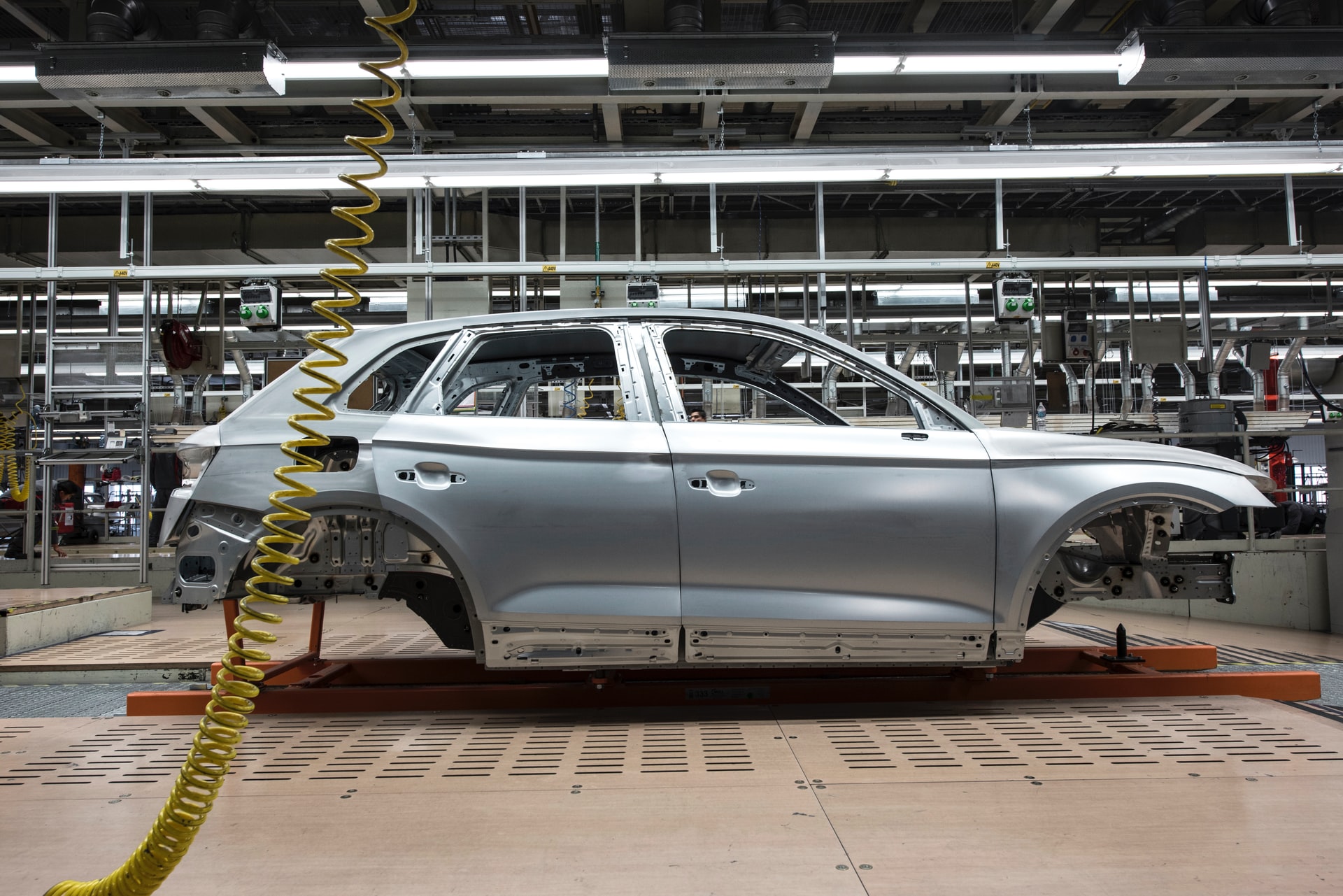New car registrations in the UK totaled 119,167 units in April, dropping 15.8% year on year as supply chain shortages continued to constrain deliveries, according to data released May 5 by the Society of Motor Manufacturers and Traders.
The April volume was also 51.1% lower than March’s volume.
“The worldwide semiconductor shortage continues to drag down the market, with global geopolitical issues threatening to undermine both supply and demand in the coming months,” SMMT CEO Mike Hawes said.
The auto sector was facing further economic headwinds, the SMMT said, with rising inflation due to rising energy and fuel costs, and further supply chain and other uncertainties arising from the global political situation and the effects of the Russian invasion of Ukraine.
Automakers were doing what they could to deliver the latest low and zero emission vehicles, Hawes said, urging buyers to consider placing orders as soon as possible to benefit from incentives, low interest rates and reduced running costs. Grants for BEVs are set to be in place until at least early 2023.
“Accelerating the transformation of the new car market and the carbon savings demanded of road transport in such difficult times requires not just the resolution of supply issues, however, but a broader package of measures that encourages customer demand and addresses obstacles, the biggest of which remains charging anxiety,” Hawes said.
BEV sales up 40.9% on-year
Battery electric vehicles sales for the month were 12,899 units, up 40.9% year on year, but down 67.2% from March’s record 39,315 units.
The BEV market share was 10.8% in April, up from 6.5% a year ago, but down from March’s 16.1% share to the lowest share level since July 2021.
Higher EV demand has boosted battery raw material prices. The Platts seaborne lithium carbonate and lithium hydroxide assessments from S&P Global Commodity Insights surged 121.9% and 152.4%, respectively, since the start of 2022 to $75,000/mt CIF North Asia and $80,000/mt CIF North Asia on May 5.
Sales of plug-in hybrid EVs fell 32.8% year on year and 59.8% month on month to 6,449 units, taking a market share of 5.4%, down from 6.8% in April 2021.
The market share of hybrid EVs climbed to 11.7% in April, up from 8.3% a year ago, with sales at 13,951 units, a 18.3% year on year jump, but down 49.7% from March’s volume.
The UK government plans to ban the sale of new gasoline and diesel cars by 2030.
Meanwhile, the market share of petrol and diesel internal combustion engine vehicles moved above 50% for the first time since October 2021, accounting for a combined 51.5% of total new passenger car sales in April.
Petrol cars continued to hold the largest market share at 45.8% or 54,633 units, although this was down from 50.3% a year ago. The volume dropped 23.2% year on year and 46.6% month on month, according to the SMMT.
Diesel vehicles’ market share was steady from March at 5.6%, but down from 9.9% a year ago, to 6,725 units, down 52% on the year and 51% lower than March’s volume.
2022 outlook revised
The SMMT revised its market outlook for 2022 lower due to the ongoing impact of supply chain constraints and broader macro-economic factors, it said.
It now expects 1.72 million new passenger vehicles to be registered in 2022, down from the previously expected 1.89 million outlook.
While this would still be a 4.5% rise on 2021’s volumes, it highlighted the effect of the semiconductor shortage on supply and anticipated impacts from rising living costs, The SMMT said.
It also downgraded its outlook for plug-in vehicles, with BEV registrations expected to be 289,000 units, down from 307,000 units, PHEVs at 144,000, down from 163,000, and HEVs down from 198,000 to 193,000.
Overall, plug-in EVs are expected to make up 25.2% of total registrations in 2022, with BEVs alone due to comprise around one in six new cars on the road, the SMMT said.
The Ukraine war was complicating supply chain challenges that were already lingering from the pandemic and the rising cost of living was adding further uncertainty for the automotive industry, KPMG UK Head of Automotive Richard Peberdy said in a May 5 note.
“Yet in the face of weakening consumer spending power and rising fuel and energy costs, car sales demand has remained relatively robust so far this year, compared with the very limited supply,” he added.
— Jacqueline Holman






